# tin
12 posts in `tin` tag
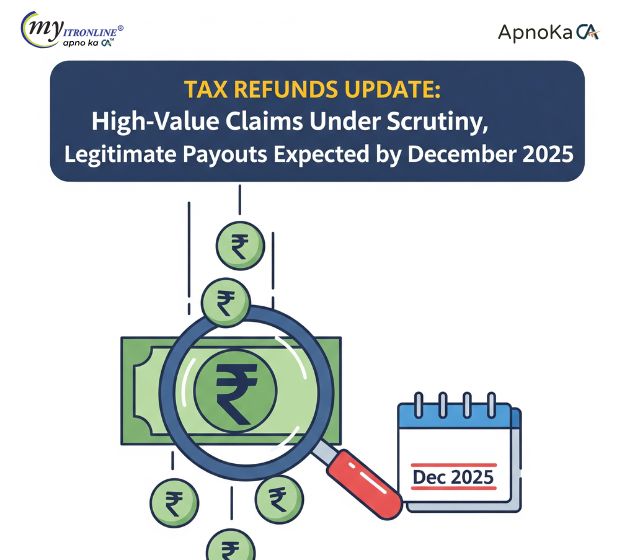
Tax Refunds Update: High-Value Claims Under Scrutiny, Legitimate Payouts Expected by December 2025
The Income-Tax Department is closely reviewing high-value refund claims flagged for potential discrepancies. While smaller refunds are already being processed, CBDT Chairman Ravi Agrawal has assured taxpayers that legitimate high-value payouts will be cleared by December 2025. Refund claims worth ₹2.42 lakh crore have been filed till November 10, showing an 18% drop from last year. The department has also increased appeal disposals by 40% and remains confident of meeting its ₹25.20 lakh crore direct tax collection target for FY26, supported by 6.99% growth. Leveraging AI-powered tools, the CBDT is enhancing compliance, monitoring taxpayer behavior, and identifying potential evasion
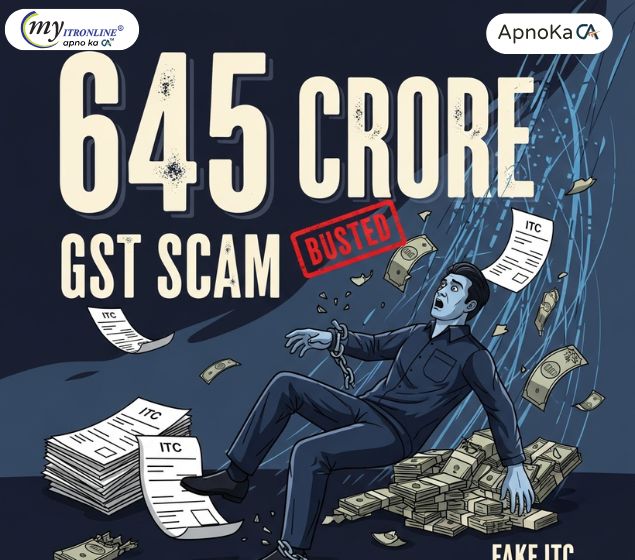
645 Crore GST Scam Busted: The Fall of the Fake ITC Mastermind
The Directorate General of GST Intelligence (DGGI) has uncovered a massive 645 crore fake Input Tax Credit scam. Mastermind Mukesh Sharma created 229 dummy companies to issue fraudulent invoices without actual supply. His arrest under the CGST Act highlights the growing crackdown on GST fraud and its implications for honest businesses.
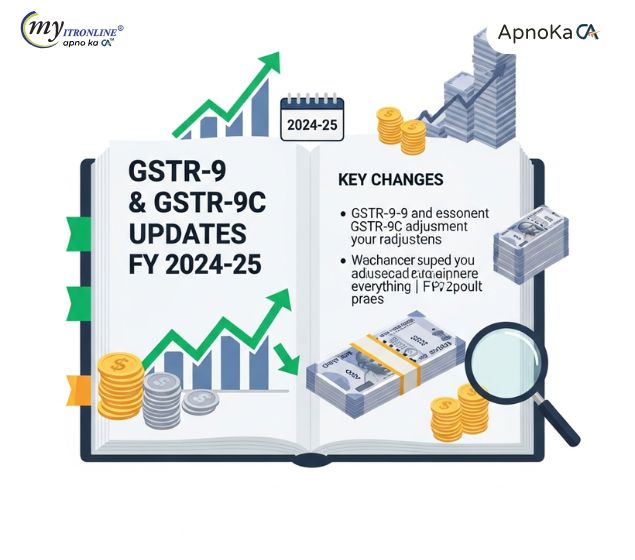
Key Changes in GSTR-9 and GSTR-9C for FY 2024-25: Everything You Should Know
The GST portal has opened GSTR-9 and GSTR-9C for FY 2024-25 with a filing deadline of December 31, 2025. This guide explains the key changes in both forms, filing thresholds, auto-population details, and practical tips to file on time and avoid penalties—written in clear, simple language.

Rise of the Machine: How AI is Changing Tax Compliance in India
India’s tax system is being reshaped by AI and Big Data. Through Project Insight, the Income Tax Department now tracks bank data, investments, and lifestyle transactions in real time, flagging anomalies and ensuring compliance.
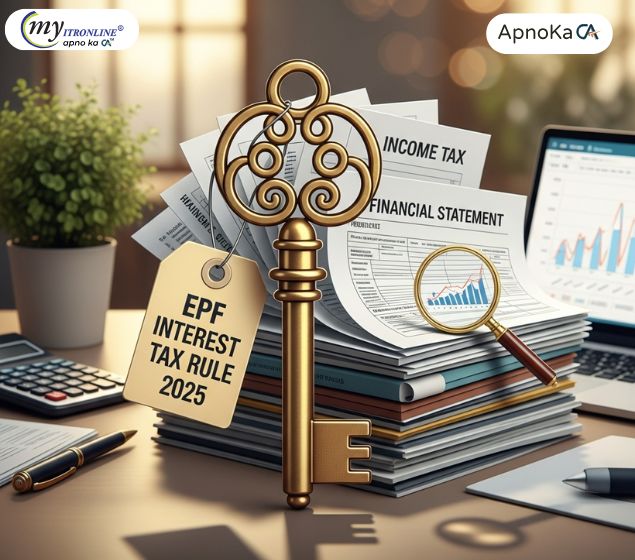
EPF Interest Tax Rule 2025: What You Need to Know
The EPF interest taxation rule introduced in 2021 is now a permanent reality in 2025. Contributions above 2.5 lakh (5 lakh for government employees without employer contribution) attract tax on interest. EPFO maintains separate taxable and non-taxable accounts, with TDS applied on taxable interest. High earners must now plan carefully, track contributions, and explore other investment options to optimize returns.

Suo Moto Cancellation of GST Registration: Reasons, Process & How to Revoke It
This blog explains what Suo Moto cancellation of GST registration means, why it happens, and how businesses can respond and apply for revocation. It includes the reasons, forms, timelines, and tips to stay compliant.

Supreme Court Backs Genuine Buyers: No ITC Denial for Seller’s Default
The Supreme Court has ruled that genuine buyers cannot be denied Input Tax Credit just because the seller failed to deposit tax or lost registration. This landmark decision under DVAT sets a strong precedent for GST cases too, ensuring fairness and protecting honest taxpayers.

Quick GST Registration in 3 Days for Small Businesses
The GST portal has launched a faster registration process for low-risk taxpayers. With Aadhaar authentication and proper document upload, eligible applicants can now get GST registration within 3 working days.

Tax Refunds Can’t Be Denied for Form 26AS Mismatch: High Court Ruling
The Allahabad High Court has ruled that tax refunds cannot be denied just because TDS is missing from Form 26AS. If a taxpayer provides valid Form 16A certificates, the Income Tax Department must verify the claim with the deductor instead of rejecting it outright. This protects honest taxpayers from delays caused by clerical errors.

Great News for Entrepreneurs! Get Your GST Number in Just 3 Days
GST 2.0 is a game-changer for small businesses in India. Starting November 1, 2025, new applicants can opt for a simplified GST registration process with automatic approval in just 3 working days. Designed for low-risk businesses, this reform reduces hassle and speeds up business launch.
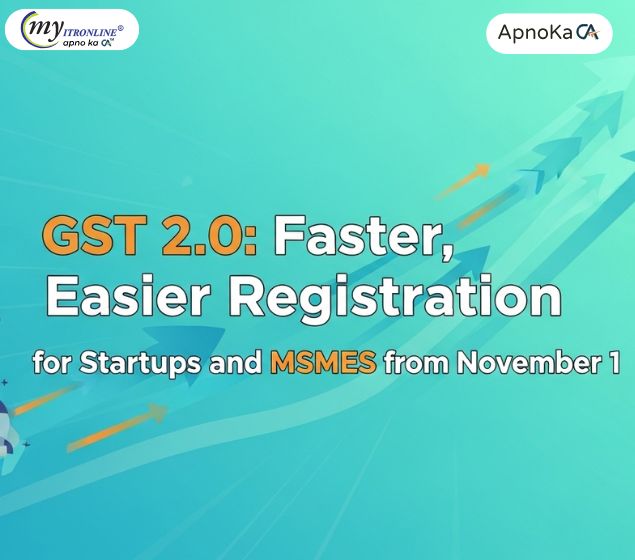
GST 2.0: Faster, Easier Registration for Startups and MSMEs from November 1
From November 1, 2025, small businesses and startups in India can benefit from a simplified GST registration process. This reform promises approval within 3 working days for low-risk applicants and public sector entities. It’s part of the broader GST 2.0 initiative aimed at making tax compliance faster, easier, and more tech-driven. Learn how this change can help you start your business with less hassle and more confidence.
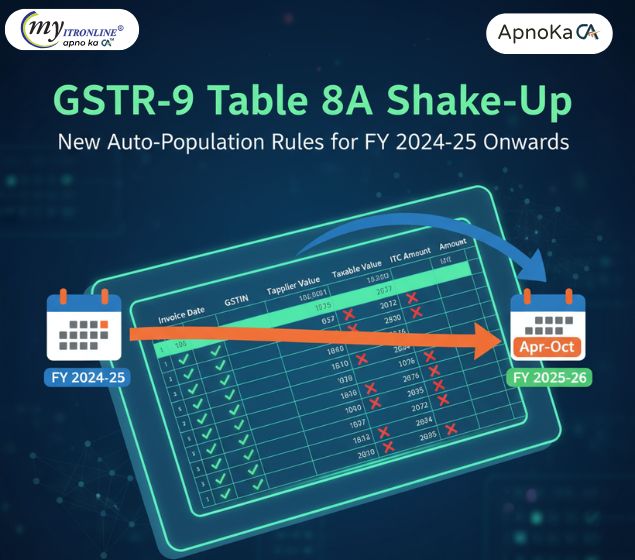
GSTR-9 Table 8A Shake-Up: New Auto-Population Rules for FY 2024-25
GSTN has changed how Table 8A in GSTR-9 is auto-filled. Starting FY 2024-25, it will include invoices from both the current and next financial year, making ITC reconciliation more accurate. Learn what’s included, what’s excluded, and how to prepare.
